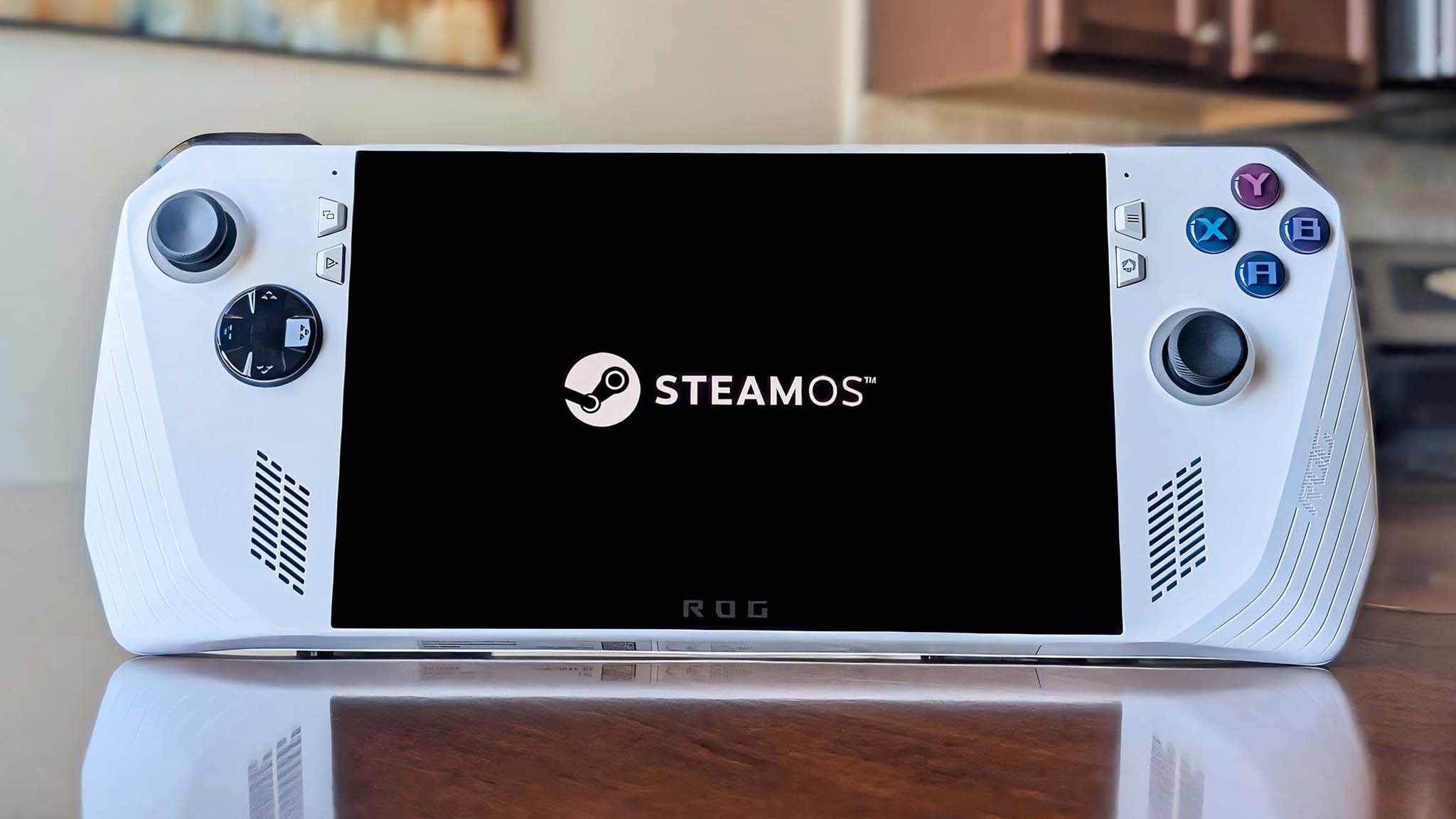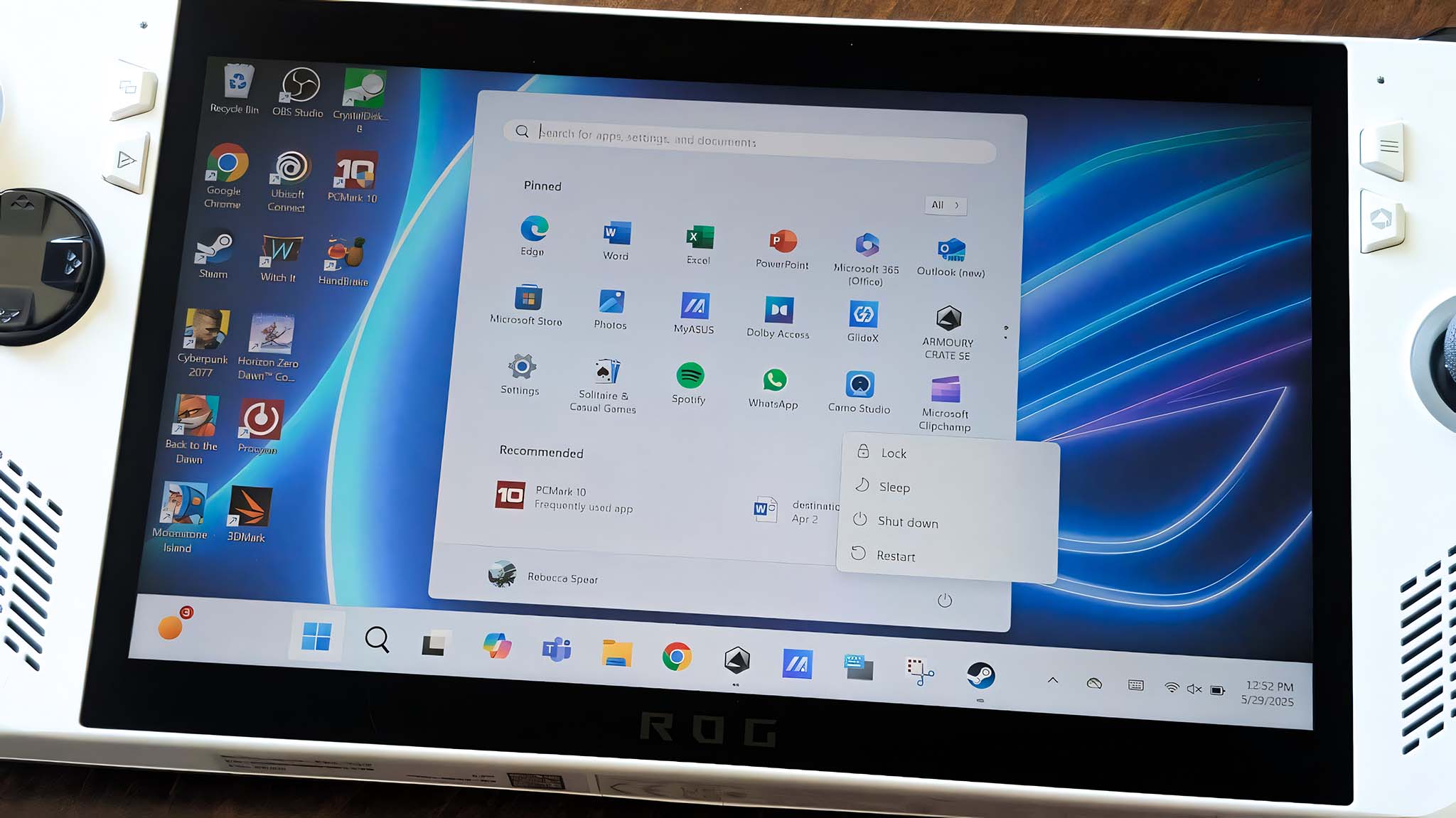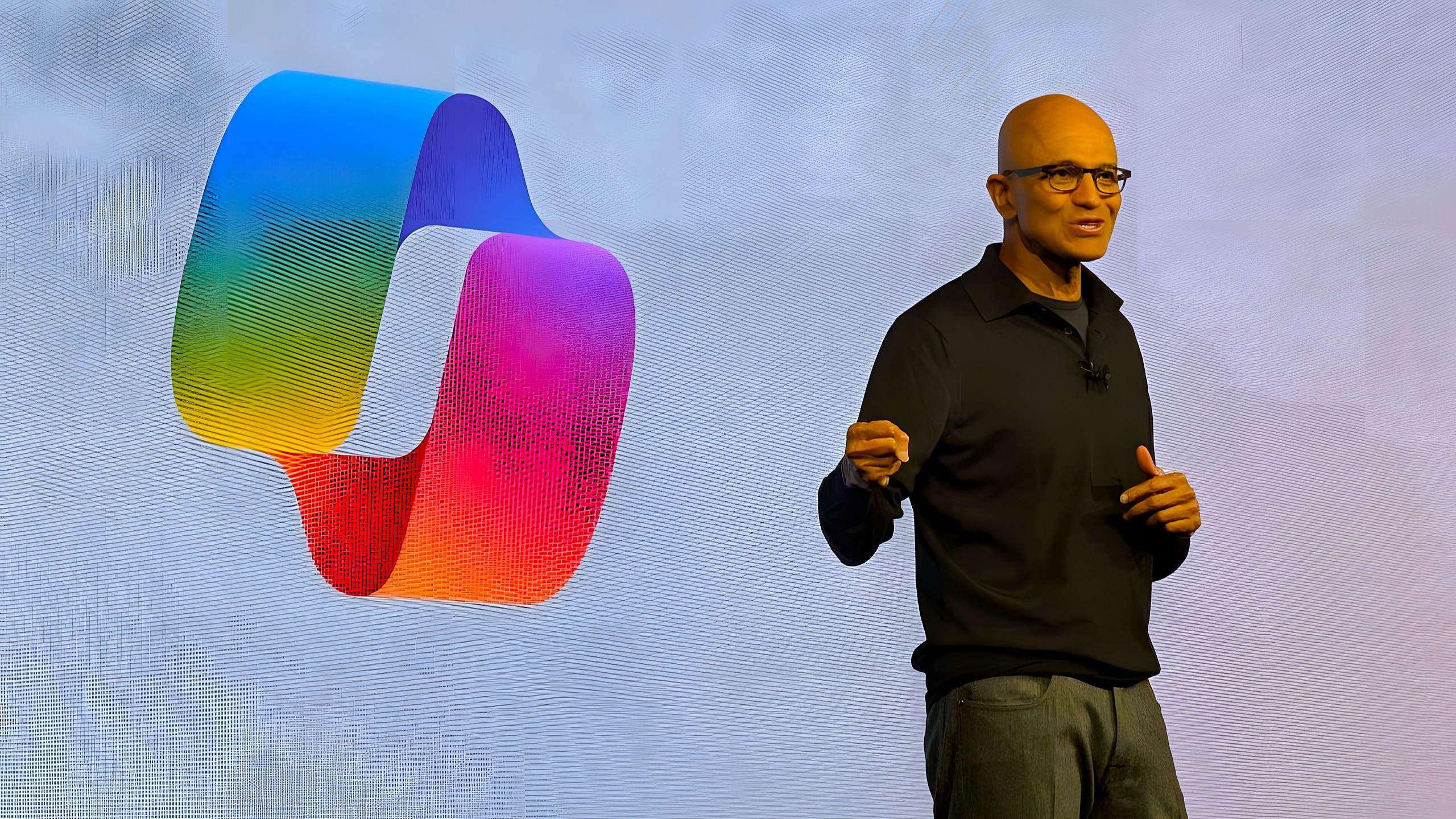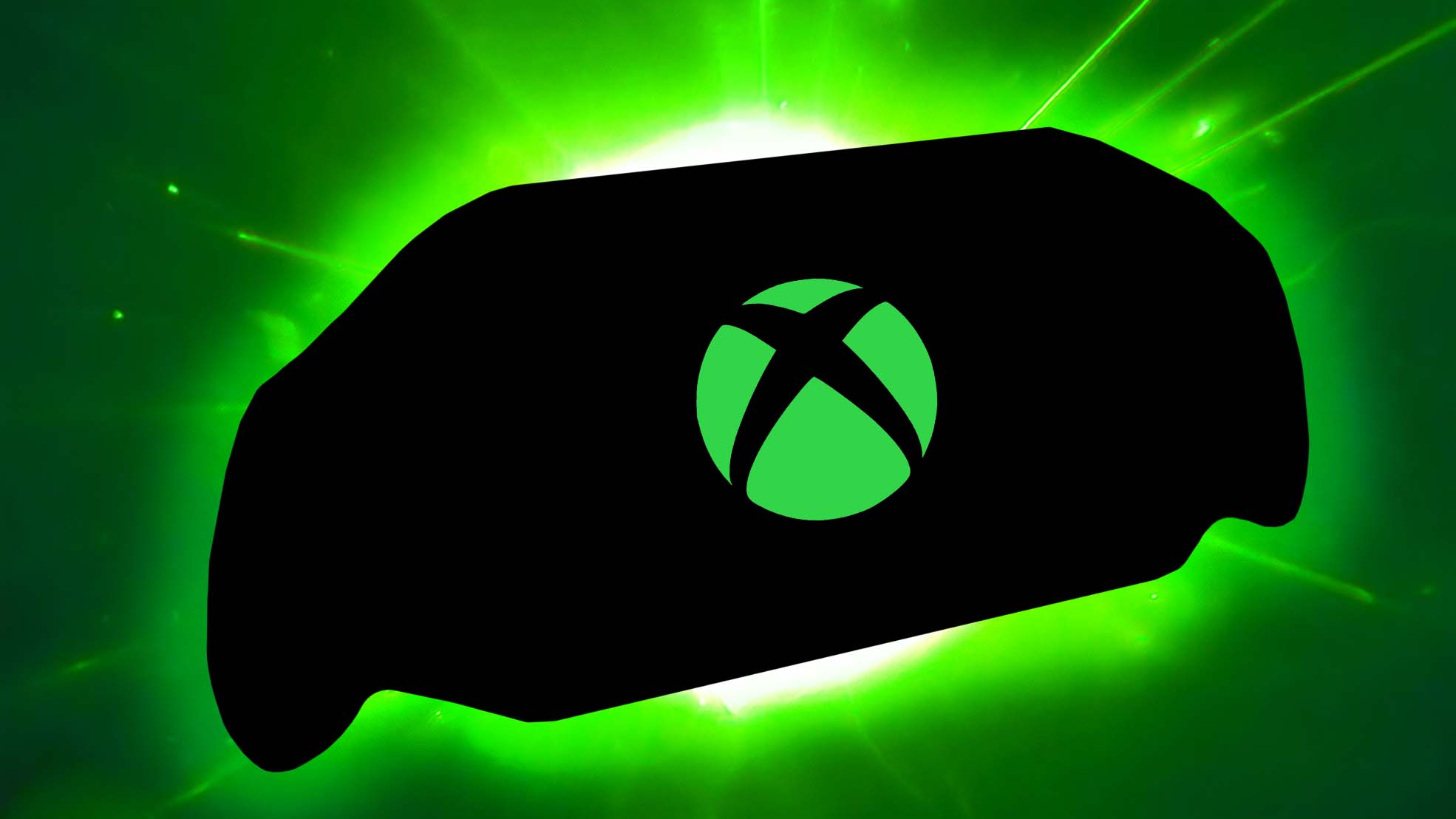Microsoft was right to park the Xbox handheld for 'Kennan' and Windows 11 PC gaming — as much as it pains me to admit
SteamOS has presented Windows with its first credible challenge in decades, and Microsoft needs to rise to the occasion.
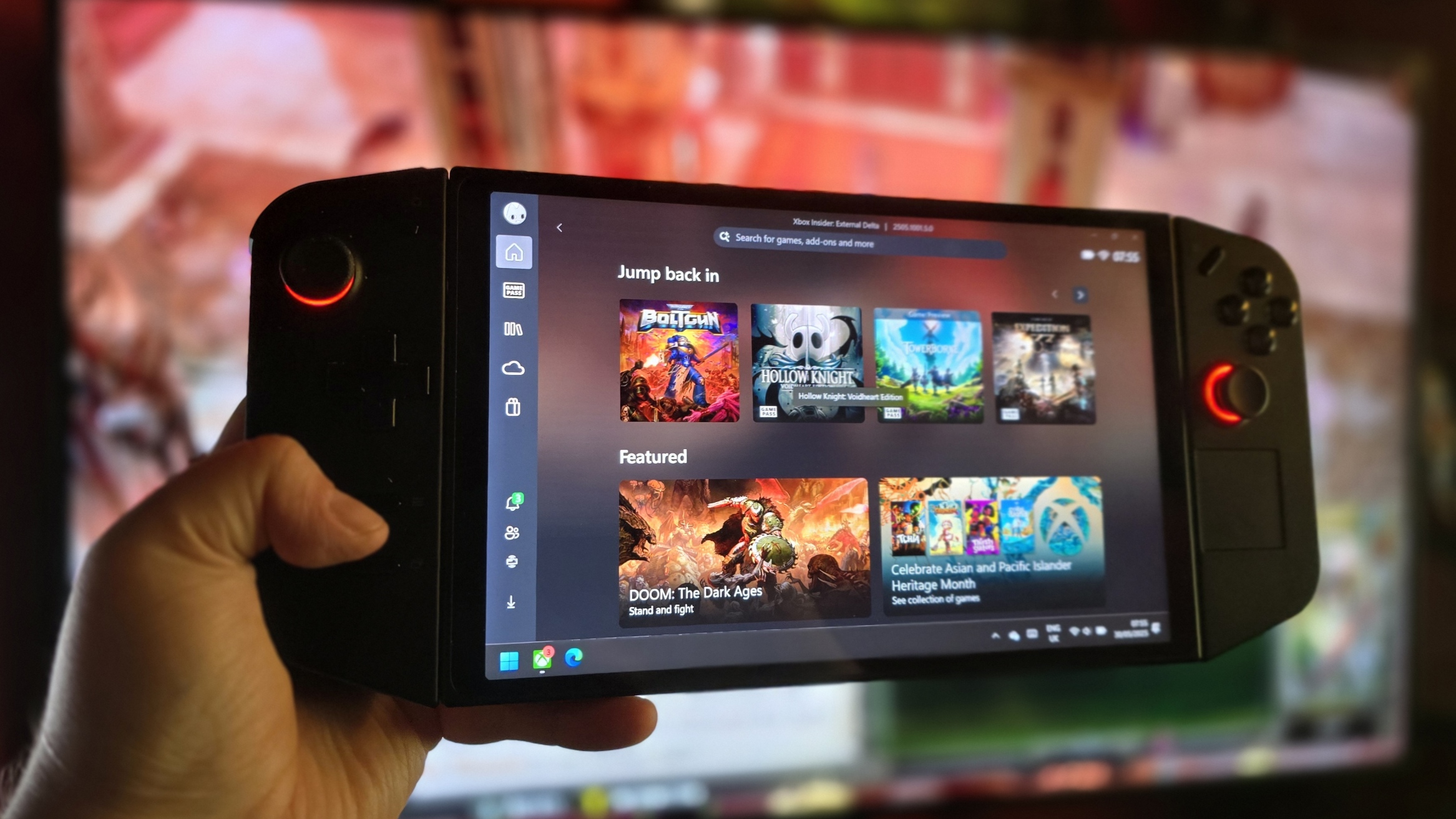
All the latest news, reviews, and guides for Windows and Xbox diehards.
You are now subscribed
Your newsletter sign-up was successful
Yesterday, I reported that Microsoft's first-party Xbox handheld has been shelved, at least for now.
Not to be confused with the ASUS partner device, codename Kennan, the first-party Xbox handheld was being developed to run Xbox games natively, rather than Windows PC games.
The Xbox handheld (whose codename is unclear, for now) would have completed a dream many old-school Xbox fans have had for decades: the ability to natively take your Xbox library on the go. Anywhere, any time. But it seems that we'll have to wait even longer to get it, if indeed, we get it at all.
As core Xbox gamers age (yes, you), our free time is increasingly diminished for a variety of reasons. User habits are changing, attention is divided, and more so than ever, people want their content to fit around their lives, rather than the other way around. Apps like TikTok and addictive mobile games provide a quick fix — and they're in your pocket 24/7.
For platforms like Xbox and Microsoft, meeting these changes in user habits is what has led to Microsoft bringing its Xbox games to every other gaming platform. Users are more stubborn about platform switching than ever, and there's more competition for our free time than ever before.
Having a device that can meet users where they are is obviously within Xbox's purview here, and the latest chips are providing gaming laptop-like power in smaller devices.
It's with that in mind that Xbox decided to finally build an Xbox console you can take with you anywhere, informed by Xbox Play Anywhere, Xbox Cloud Gaming, and even devices like the UPspec xScreen, which turns an Xbox Series S into a laptop-like gaming device. But, for Microsoft, there's a much bigger fish to fry right now. An existential threat of epic proportions, which has forced Microsoft, in my view, to pour everything it has elsewhere.
All the latest news, reviews, and guides for Windows and Xbox diehards.
The threat from SteamOS is real ...
SteamOS is increasingly presenting a DEFCON 1 level threat to Windows 11 for consumers. As of writing, Steam's April 2025 hardware survey pins Windows at sporting 96% of the total OS market share on Steam, and it's actually up month over month as more users opt for gaming PCs and laptops to replace their consoles. Despite this utter dominance, things could change rapidly if Microsoft doesn't react.
This week, I wrote a piece on Dave2D's excellent SteamOS vs. Windows 11 analysis for PC gaming handhelds. The Lenovo Legion Go S and its Z2 Go chip from AMD garnered middling reviews from critics, at least when it was running Windows, that is.
Now, the SteamOS version is out, and the performance delta is dramatic. SteamOS, in some cases, boosts battery life by 50% (particularly for 2D games) over Windows 11, and can also boost frame rate and general performance.
It was seen as a massive indictment of Windows' general performance in recent years. Criticism of modern Windows revolves around things like ads in the shell, bloatware, unnecessary background processes, and hardware restrictions, leading to users increasingly rooting for alternatives. That alternative might be SteamOS.
And yes, Windows 11 represents the ultimate endgame form of compatibility. You can run literally anything on Windows. Decades of games, mods, launcher platforms, applications, programs, tools, software suites, and much more.
I used my Lenovo Legion Go, not my Surface Pro X, as my productivity device on a recent trip. I couldn't do that on the Steam Deck without jumping through a significant and laborious number of hoops.
However, that's the situation today.
SteamOS is now officially supported on third-party PC gaming handhelds. And so far, feedback has been incredibly positive. For gamers who only use Steam (and there are a good few million of them to say the least), SteamOS is absolutely all they need. Thanks to the Proton compatibility layer, developers barely need to lift a finger to get their Windows executables running flawlessly, sometimes even better than on Windows 11 itself.
The era of Windows as a conduit to all personal computing was already significantly damaged by Android and iOS and the rise of smartphones, but the rise of a truly capable competitor like SteamOS could be devastating.
Today, SteamOS is light years away from replacing your laptop or gaming PC, in my view. Whether it's competitive games that use Kernel-level anti-cheat, certain modding tools, launchers, PC Game Pass itself, or whatever else, there are still gaps there. But it feels like there's enough grassroots interest in alternatives to Windows 11 to see it grow into something genuinely threatening to Windows itself.
Fair or not, criticisms of Windows 11 feel louder than ever. Microsoft's Build events no longer contain any information or features for consumers, focusing entirely on corpo buzzwords aimed at shareholders and capitalists rather than people who actually use their products.
I feel as though this disconnect has been felt heavily by power users who, unlike less-engaged mobile gamers and casual players, are far more discerning about where to spend their technological life.
These power users are influential, too. When you factor in the massive price tag associated with gaming handhelds like the ASUS ROG Ally X and, doubtlessly, the Lenovo Legion Go 2, there's even more impetus to squeeze out every bit of value possible. If the value, perceived or not, is with SteamOS, where do you think people will go?
Windows Mobile and Internet Explorer were utterly dominant in their categories back in the day — until they weren't. It would behove Microsoft to not take this threat lying down, despite Windows' prevalence and present-day dominance. Things can change fast. And change they will, particularly if things like rapid AI development and compatibility layers make building apps and services for SteamOS a trivial process.
... but Microsoft's time is limited.
Indeed, time is not on Microsoft's side here. In a perfect world, Microsoft would be able (and willing, frankly, they can easily afford it) to commit to both an Xbox handheld and building out and improving Windows 11 for OEMs, such as ASUS, on the Project Kennan device.
It's true that the opportunity with OEMs is doubtlessly bigger and more important here. If even more companies like Razer, Dell, HP, and other traditional partners start seeking SteamOS to build their gaming devices, rather than Windows 11, it could blow a big hole in Windows' credibility. OEMs are by no means beholden to Windows; they'll go where their users go, and give them what their users want. If users want SteamOS, they'll get it.
Ten years ago, Satya Nadella said at a Windows consumer event, "We want people to love Windows on a daily basis. We want to make Windows 10 the most loved version of Windows."
Ten years later, it feels like this mentality has gone out of the proverbial window. More than ever, Windows makes baffling and irritating decisions that frustrate consumers, while leaving features underbaked and abandoned in the process.
Splitting the effort between an Xbox handheld and Windows 11 OEM gaming handhelds could just lead to both being subpar. In a perfect world, Microsoft would invest the capital to do both. But that just isn't reality, for whatever reason.
As much as it pains me to admit, ultimately, I think Microsoft is making the right decision to not take the threat from SteamOS lying down here. I want an Xbox handheld.
The vast majority of the games I own are digital purchases on the Xbox platform. But, if I were Microsoft, I would want to pour everything I had into solving the usability and performance delta between Windows and SteamOS, before Microsoft loses yet another computing platform to a more nimble competitor for good.
But is it already too late? I guess we'll find out together in the coming months and years ahead.

Jez Corden is the Executive Editor at Windows Central, focusing primarily on all things Xbox and gaming. Jez is known for breaking exclusive news and analysis as relates to the Microsoft ecosystem — while being powered by tea. Follow on X.com/JezCorden and tune in to the XB2 Podcast, all about, you guessed it, Xbox!
You must confirm your public display name before commenting
Please logout and then login again, you will then be prompted to enter your display name.
